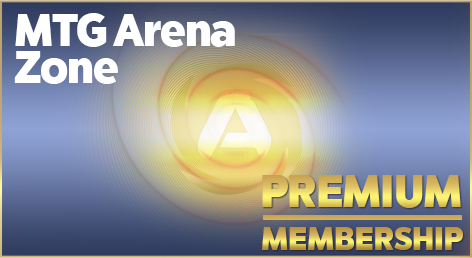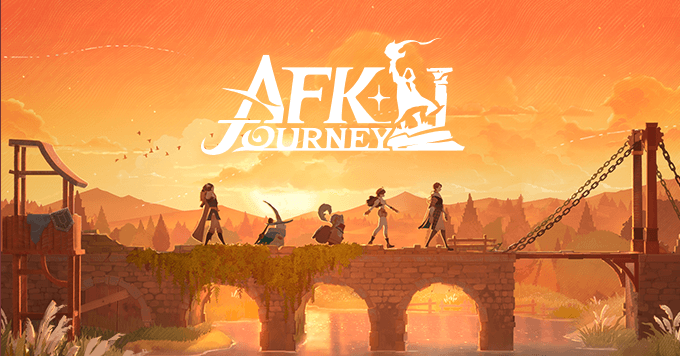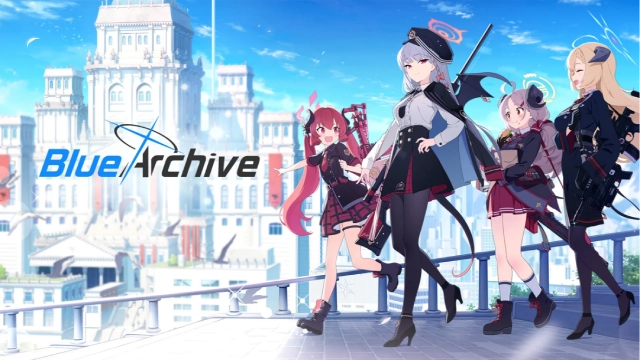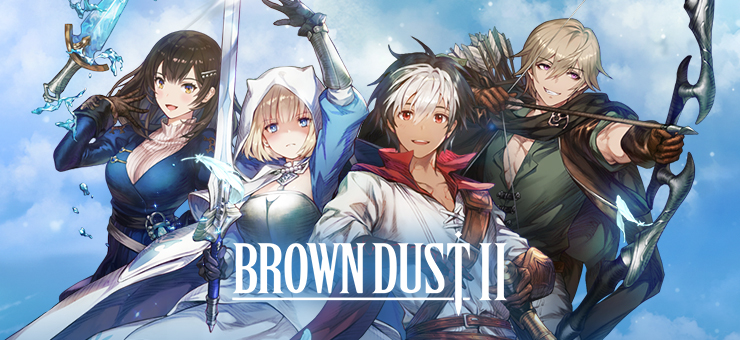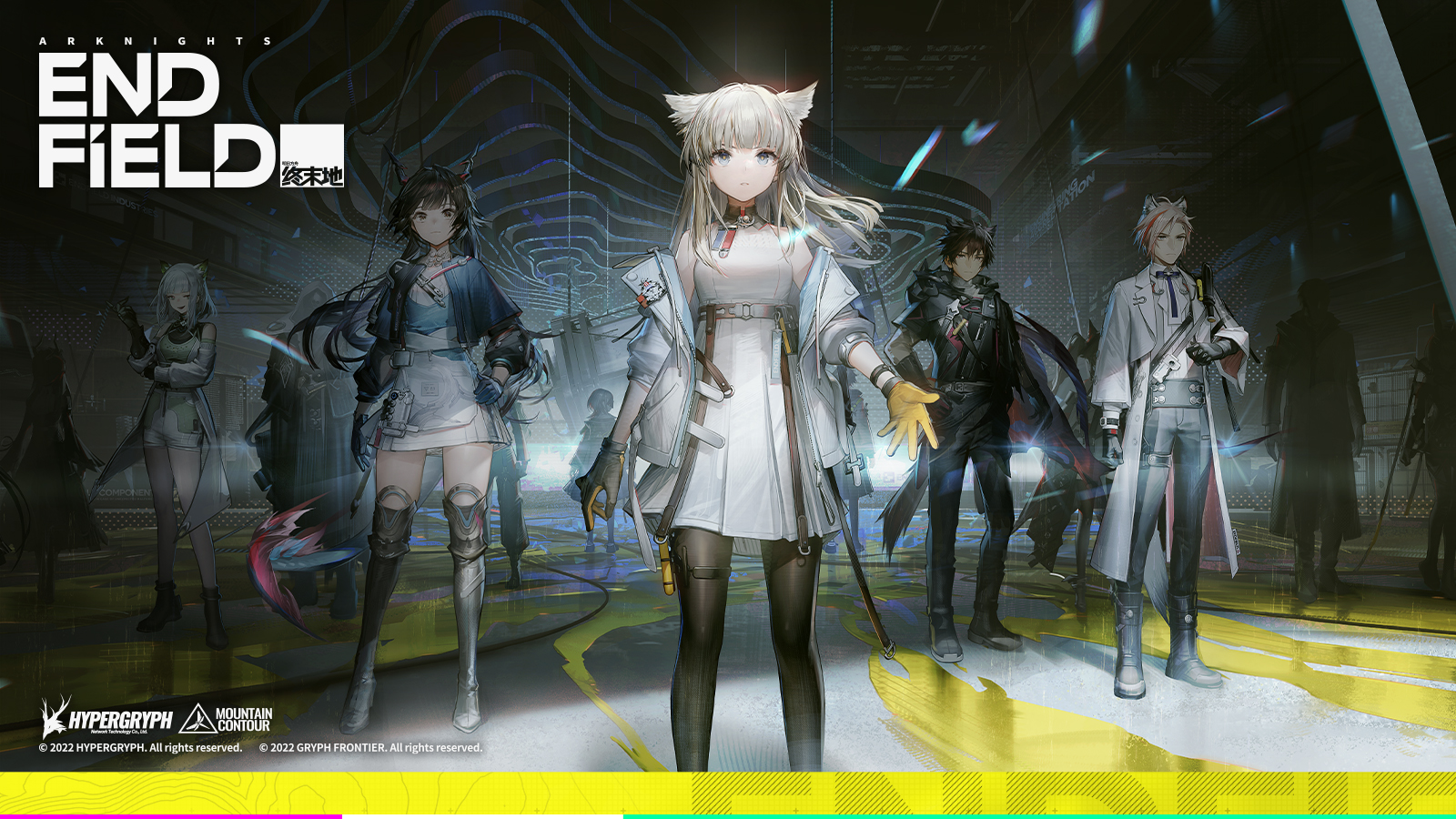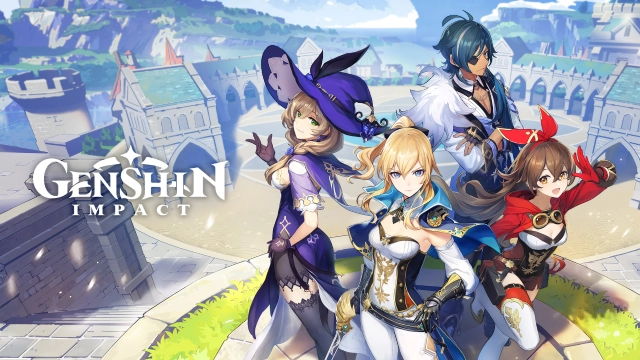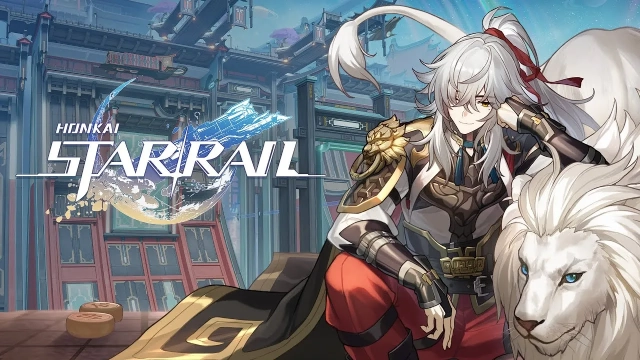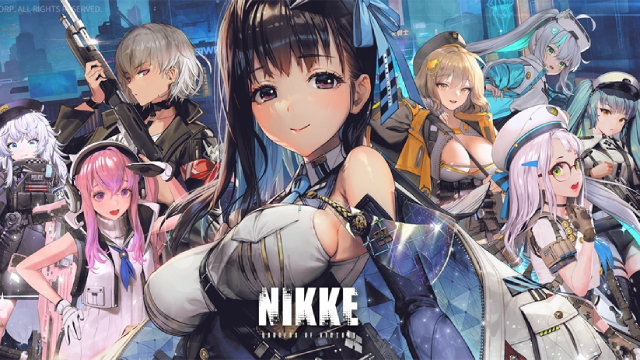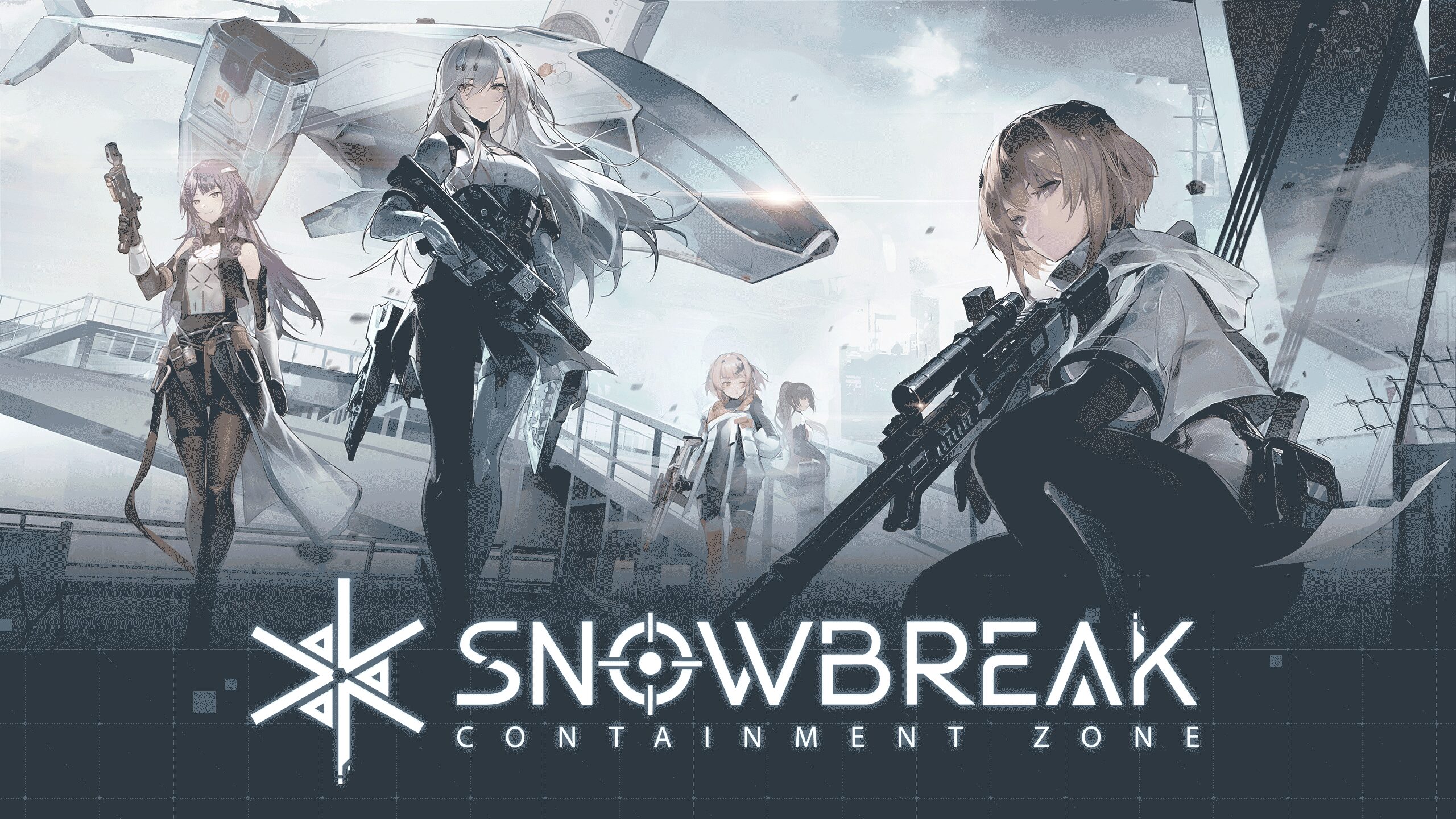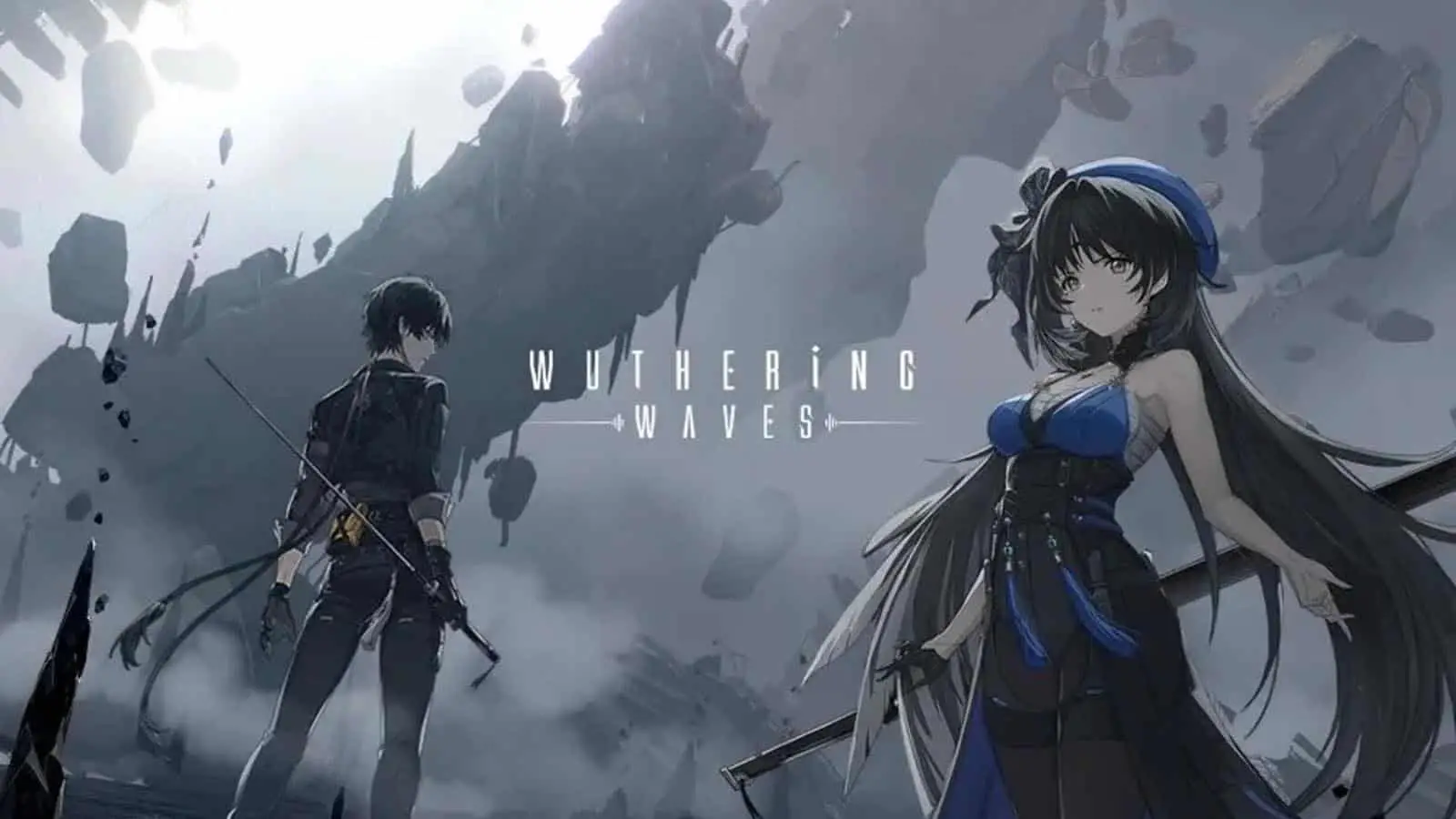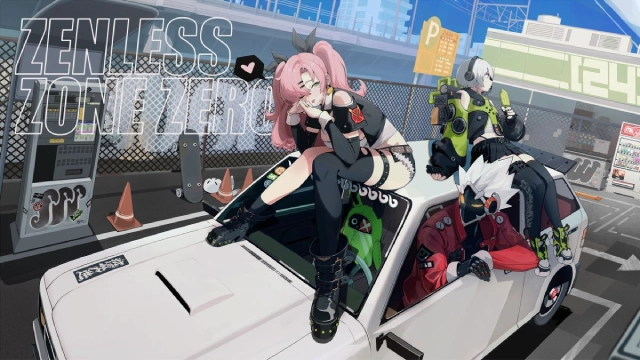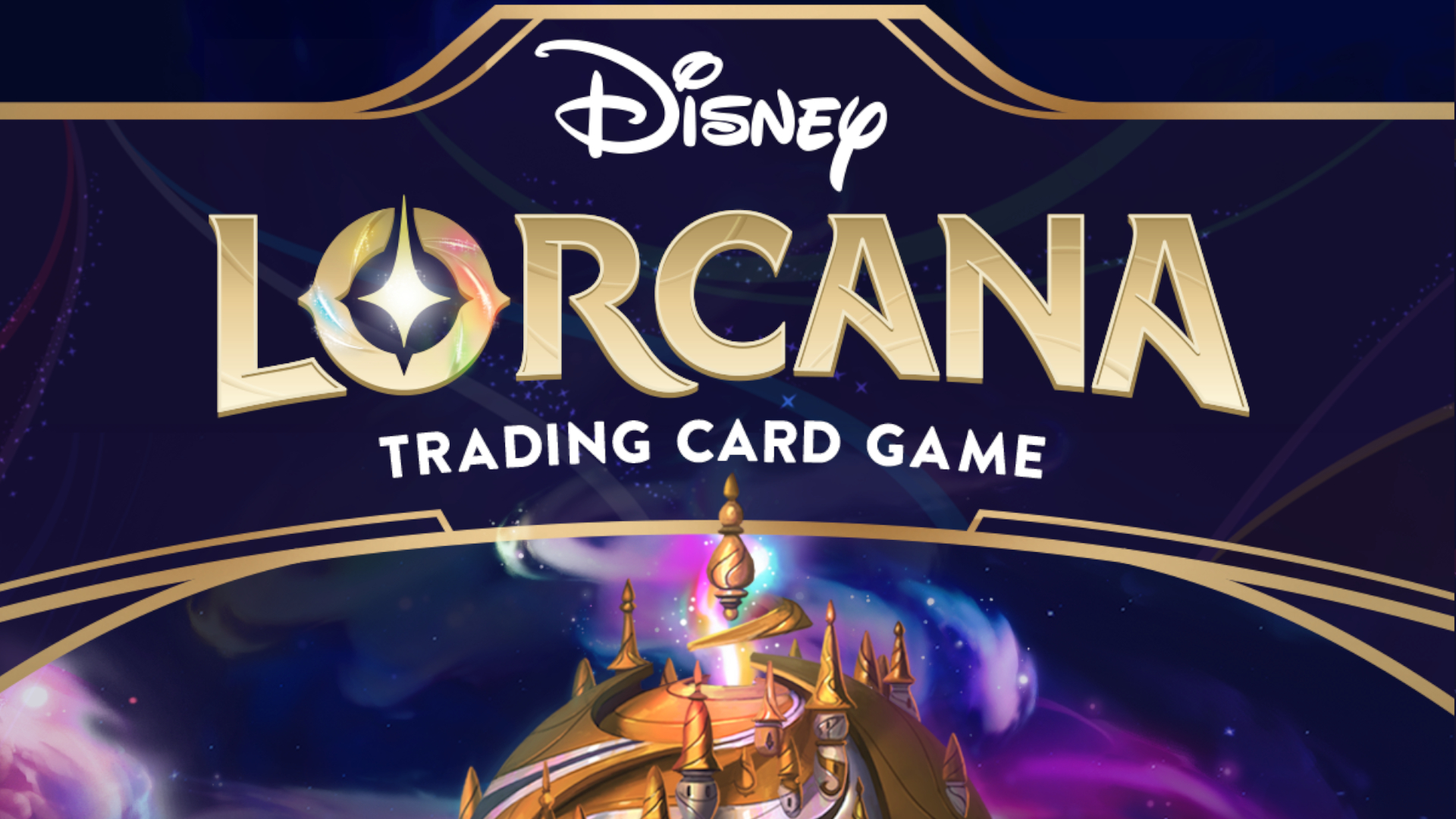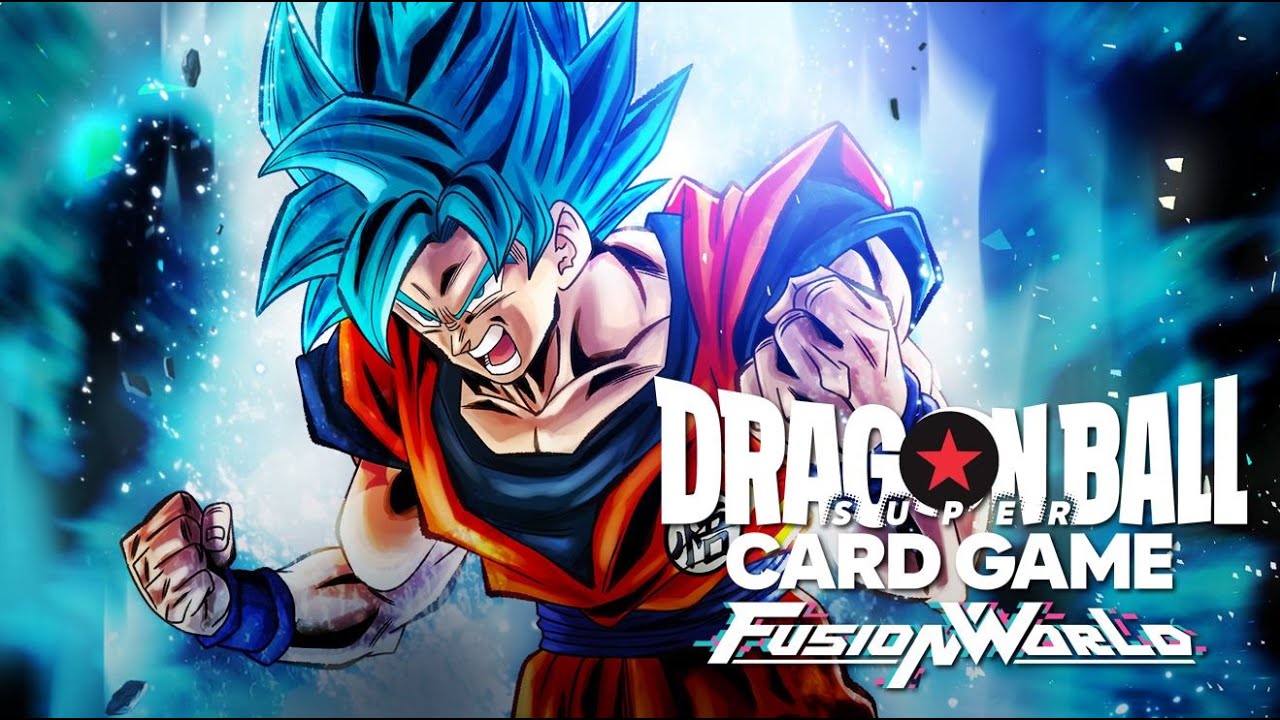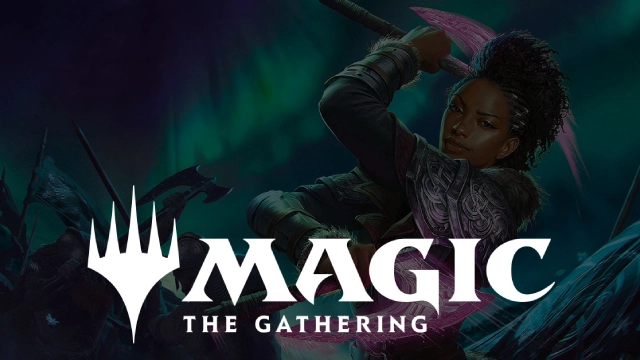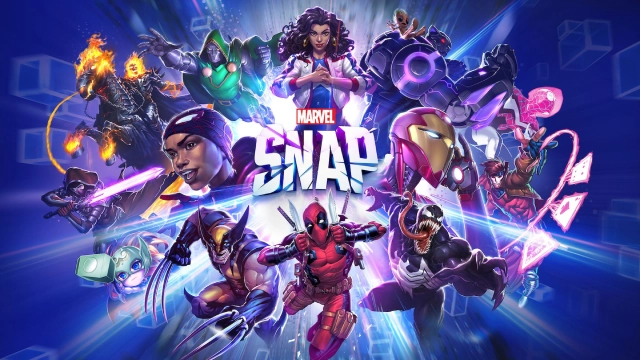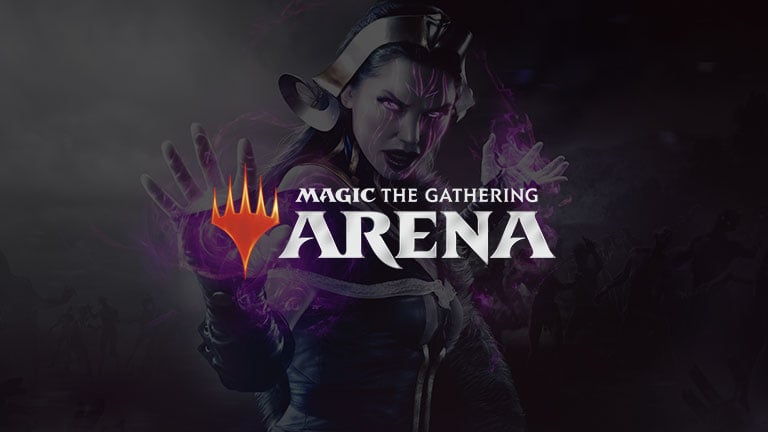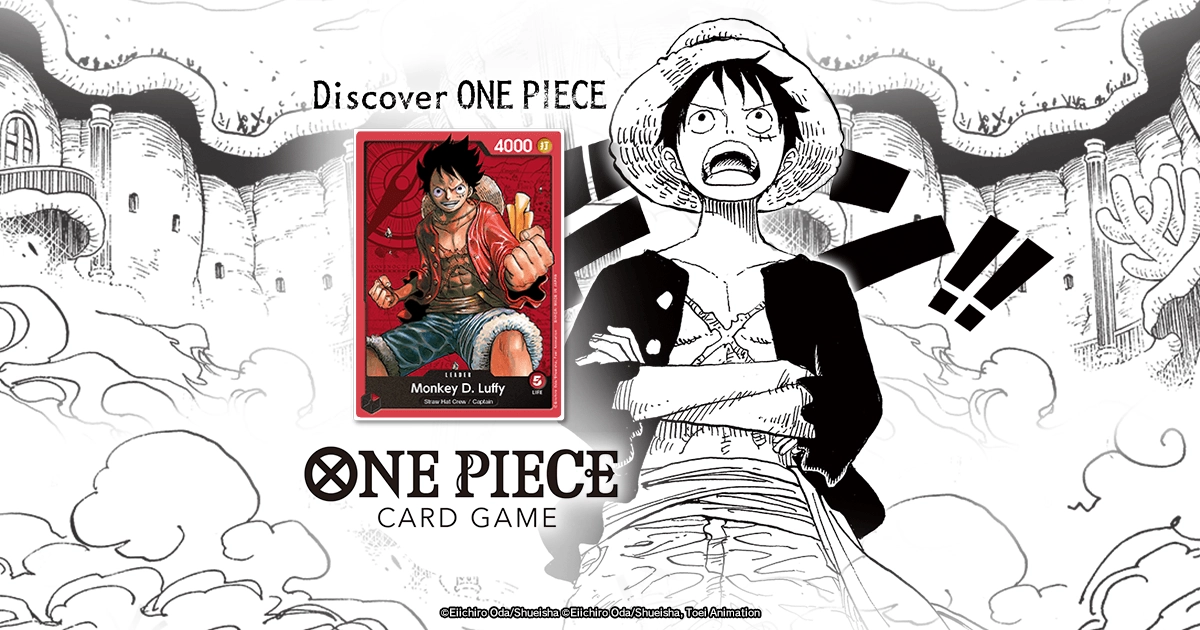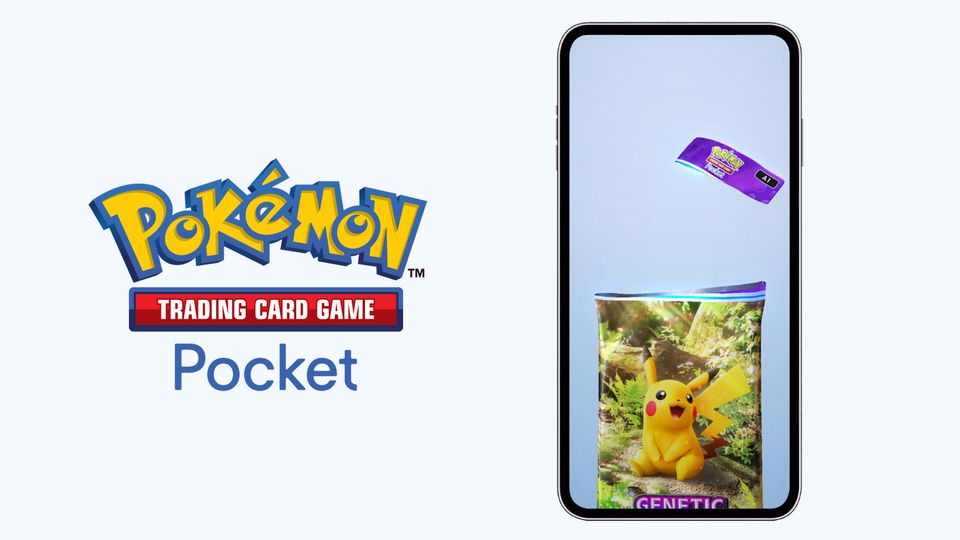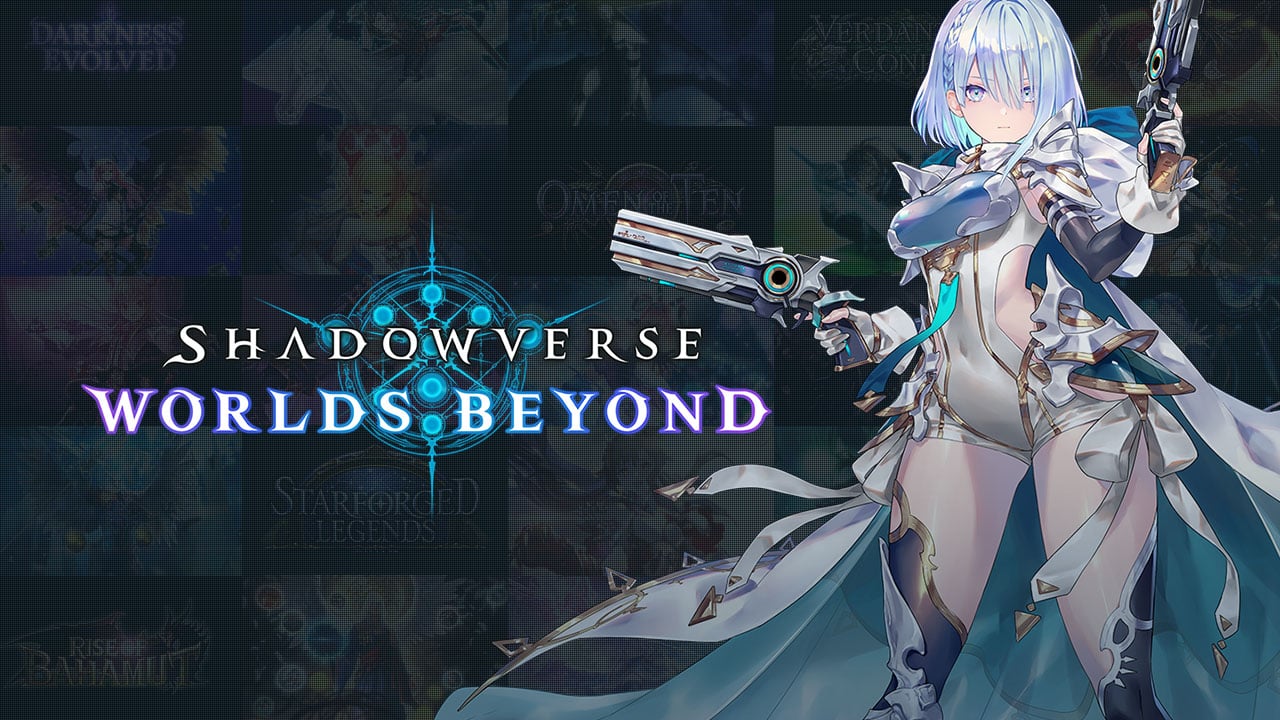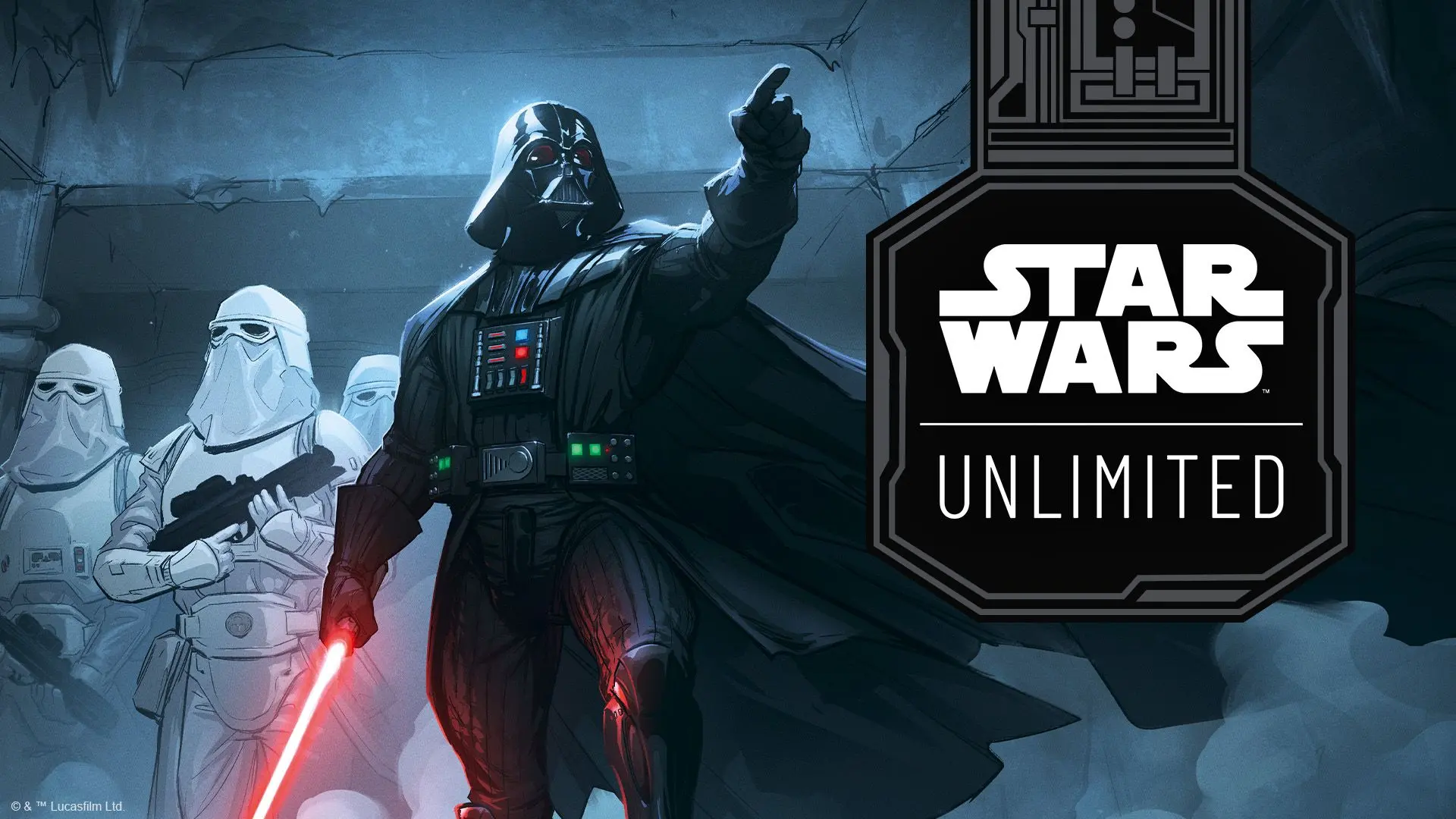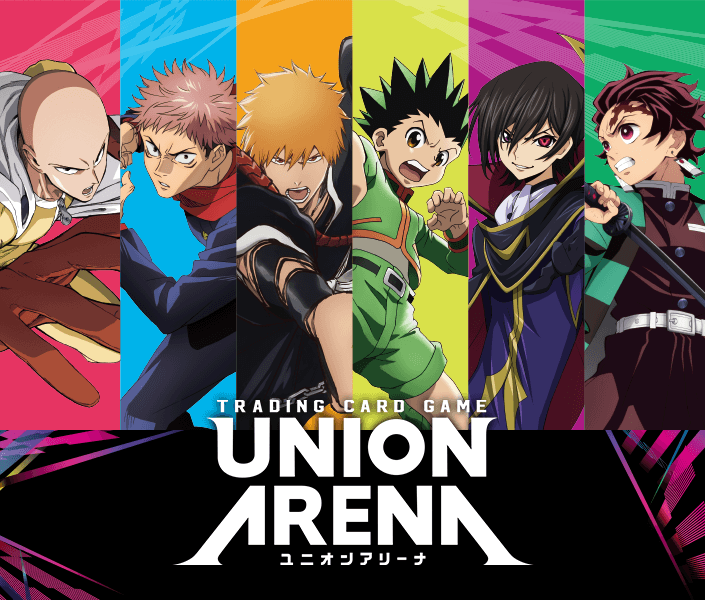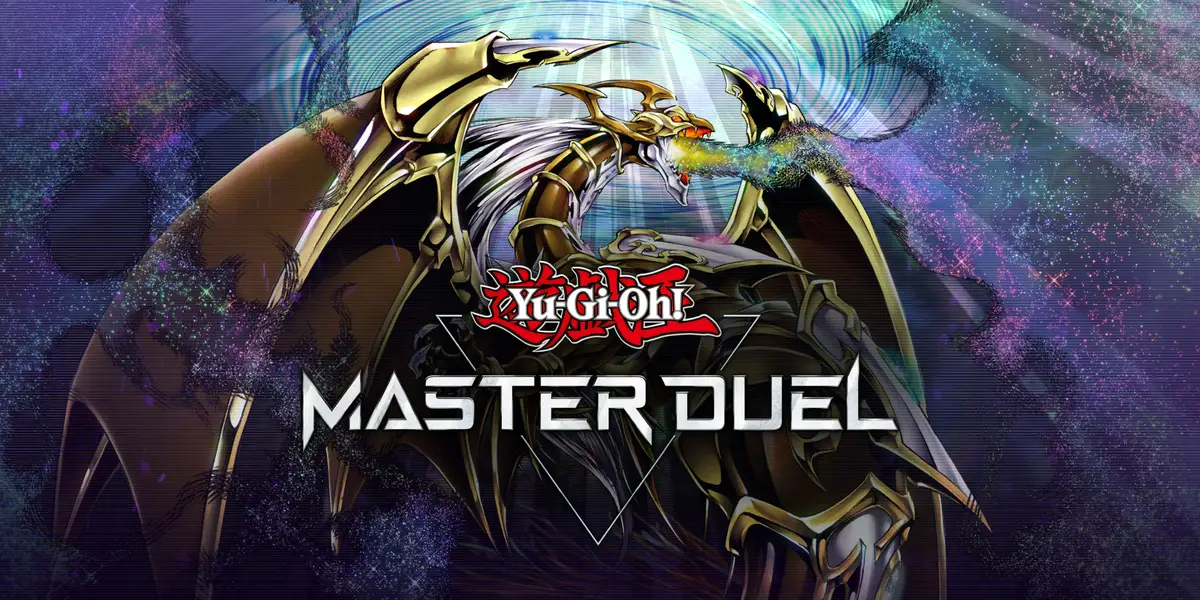Table of Contents
Magic: The Gathering is played in a variety of formats and modes that differ by rules, allowed card pools, and deck building principles and restrictions. Two main ways of playing Magic are Constructed and Limited. In Constructed you prepare your deck in advance using cards from your collection. In Limited you create a deck from the cards you obtain right at the event.
On Arena, available formats and modes may come as free-to-enter queues, and as free or paid-entry events. Queues and events may be permanently available or temporary. Press the Play button in the client to open a vertical pane on the right and see all the currently available modes. Queues are found in the Play Match section (bottom half) of the Play panel, events are in the Events section (top half).
Note that Arena only supports 1v1 play, and expansion into multiplayer formats is not anticipated: the game is not built for that.
Permanent Constructed Formats and Modes
As of November 2021, Arena permanently offers the following:
- Standard is the main rotating format in Magic. Cards from 5 to 8 most recent regular expansion sets (also called premium or just standard) are allowed. Four such sets are released during the year, and with the September release four oldest sets leave Standard. Check here.
- Historic is Arena’s eternal format, i.e. all cards obtainable on Arena are allowed, except banned ones. It is a purely digital format that has cards not existing in paper, including some that wouldn’t even efficiently work in paper mechanics-wise. This might change with Alchemy as original versions of Alchemy-altered cards would only be playable in Standard. See the note on the card pool below.
- Brawl is a special format where your 60-card deck has a commander (a legendary creature or a planeswalker) and other cards restricted by the commander’s color identity, from the Standard card pool (ban list may differ). Only one copy of any card is allowed, except for basic lands.
- Historic Brawl is the same, but with Historic card pool and 100-card decks. This is the closest thing to Commander you can get on Arena. Historic Brawl ban list.
For Standard and Historic there are the following permanent options:
- Play queue: one game (Bo1) of unranked Standard or Historic, automatically determined by the deck you chose.
- Traditional Play queue: one best-of-three match (Bo3), with sideboarding, unranked. This queue is only available for Standard.
- Ranked queues: one game in the constructed ranked ladder. The rank is shared between all ranked Constructed modes.
- Traditional Ranked queues: one best-of-three match in the Constructed ranked ladder.
- Standard/Historic Event: a mini-tournament with a paid entry, going up to 7 wins or 3 losses, whichever comes first. Best-of-one, unranked.
- Traditional Event: a similar mini-tournament going up to 5 match wins or 2 losses, best-of-three matches, unranked.
Some notes and details:
- Best-of-one Standard games on Arena allow cards from Arena Beginner Set even if they aren’t legal in Standard.
- Arena started off having just Standard sets with Guilds or Ravnica release in 2018. For Historic, a few sets were partially added “backwards” and some other additions were made. So, Historic card pool includes full Standard sets since Ixalan, Amonkhet Remastered, Kaladesh Remastered, rectified Jumpstart, Jumpstart: Historic Horizons, curated additions called Historic Anthologies, the Strixhaven Mystical Archive, the Arena Beginner Set and a few more cards. Arena developers intended to gradually add older cards, bringing Historic closer to Legacy (given enough time), and making Pioneer available. But as of now, the previously announced Pioneer Remastered set is indefinitely delayed and no other remasters are announced.
Temporary Constructed Formats and Modes
Temporary but regular Constructed events:
- Standard Metagame Challenge is open on the second weekend after the Arena set release (i.e. usually coincides with paper set release). It’s a competitive event with a higher entry fee than in regular events, where you’re out after 1 loss.
- Set-based Constructed usually happens on the next weekend after the Metagame Challenge. Only cards from the newest set are allowed. Priced similar to a regular Standard event.
- Historic Challenge is usually open close to the end of a set life, often on the last weekend, played in best-of-three matches. Very competitive: high entry fee, high risk, high rewards.
- Arena Open normally happens once per set. It’s the most competitive event on Arena you don’t need to qualify for, lasting two days. The format could be Standard, Historic or Sealed. Only those winning in the first day compete on the second day. This event has the highest entry fee on Arena, but second-day winners are getting cash prizes.
- Qualifier weekends are invite-only events for those getting to to the top of ranked ladders. These are the first step to competitive Magic.
Also during the last expansion set before the Standard rotation Arena maintains a temporary format where only sets that aren’t going to rotate are allowed. E.g. before Innistrad: Midnight Hunt release there were two queues for it, both best-of-one, now taken down:
- Standard 2022 Play queue.
- Standard 2022 Ranked queue.
Various Constructed formats is occasionally offered as temporary events. Most of these events are casually-slanted, not caring about losses, e.g.:
- Midweek Magic — a free-entry weekly event, rewards a Rare or higher ICR from the Standard pool for each of the first two wins, and a cosmetic piece for the third one (the codes from stores program was discontinued).
- Festivals — a series of paid-entry events happening for almost every set, awarding fancy card styles for the first 3 to 5 wins.
The formats offered are numerous, among them:
- Pauper — only cards existing at Common rarity on Arena are allowed.
- Artisan — only Commons and Uncommons are allowed.
- Singleton — only one copy of any card is allowed, except for basic lands.
- Treasure — every turn each player gets a Treasure.
- Other modifications also appeared, like drawing a card on casting instants and sorceries or Cascade triggering on first spell a turn.
- Shakeup — Standard or Historic, but a number of most popular (“meta”) cards is banned.
- All Access — you can build with cards not in your collection.
- Preconstructed — no need to bring your own deck. These showcase e.g. set mechanics, successful draft decks, or starter decks.
- Momir — no need to bring your own deck. Every card in your deck is a land, and you can discard lands to summon random creature tokens.
- …and more, like No Limits (4-copy limit may be broken), Mirror, Mirror (nerfed versions of banned cards provided).
Constructed Events Pricing and Rewards
On an event screen, hover a specific number of wins in the Arena client to see corresponding rewards. Official information can also be found here.
Regular Constructed event (Standard or Historic), best-of-one:
- Entry fee: 500 Gold or 95 Gems.
- Structure: ends upon reaching 7 wins or 3 losses, whichever comes first.
- Rewards: 100–1000 Gold and 3 Uncommon (or higher in rarity) cards. Breaks even on Gold at 4 wins; at 5 wins at least one card is Rare or higher, at 6 and 7 wins at last two. ICRs in Historic events come from Historic-only sets (including sets about to rotate in the pre-rotation period).
Traditional Constructed event (Standard or Historic), best-of-three:
- Entry fee: 1000 Gold or 190 Gems.
- Structure: ends upon reaching 5 match wins or 2 match losses, whichever comes first.
- Rewards: 0–2100 Gold and 3 uncommon (or higher in rarity) cards. Breaks even on Gold at 2 wins. At 3 wins at least one card is Rare or higher, at 5 wins at least two. ICRs in Historic events come from Historic-only sets (including sets about to rotate in the pre-rotation period).
Specialty format Constructed event, best-of-one (structure and rewards subject to changes):
- Entry fee: 500 Gold or 100 Gems.
- Structure: ends upon reaching 4 wins or 2 losses, whichever comes first.
- Rewards: 0–600 Gold and 3 Uncommon (or higher in rarity) cards. 3 wins only award 450 Gold; at 4 wins at least one card is Rare or higher.
Standard Metagame Challenge, best-of-three:
- Entry fee: 2000 Gold or 400 Gems.
- Structure: ends upon reaching 7 match wins or 1 match loss, whichever comes first.
- Rewards: 500–5000 Gold and 0–30 packs. First pack prize at 2 wins. Breaks even on Gold (not counting packs) at 3 wins.
Historic Challenge, best-of-three:
- Entry fee: 10000 Gold or 2000 Gems.
- Structure: ends upon reaching 7 match wins or 2 match losses, whichever comes first.
- Rewards: 0–25000 Gold; 4 Historic-only Rare cards for 0–2 wins, 6–30 packs for 3–7 wins. Breaks even on Gold (not counting packs) at 5 wins.
- Participation reward: a card sleeve.
Arena Open Constructed Day 1, best-of-one or best-of-three:
- Entry fee: 20000 Gold or 4000 Gems.
- Best-of-one structure: ends upon reaching 7 wins or 3 losses, whichever comes first.
- Best-of-one rewards: no reward for 0–2 wins; 400–2000 Gems for 3–7 wins. 7 wins also awards participation in Day 2.
- Best-of-three structure: ends upon reaching 4 match wins or 1 match loss, whichever comes first.
- Best-of-three rewards: no reward for 0 wins; 1000–5000 Gems for 1–4 wins. 4 wins also awards participation in Day 2.
- Participation reward: a card sleeve.
- For information on Day 2 and cash prize eligibility read the official announcement, e.g. here. Don’t miss the short sign-up window!
Permanent Limited Modes
Booster draft. In the booster draft each of 8 players chooses cards from a Limited booster one by one, passing the rest to their neighbour. Every player opens 3 boosters total, thus picking 42 to 45 cards. Of those about 23 are usually played: basic lands are added for free after drafting to complete a 40-card deck.
Jump In. This is a Jumpstart variant, so it might be considered some middle ground between Limited and Constructed: you do not bring your own deck, but you also don’t have to spend time to build a deck from a limited pool. You just mash together two prepared half-decks from a random selection, that have somewhat randomized contents.
Only Booster draft and Jump In are permanent Limited modes on Arena as of December 2021, but there are three versions of Booster draft:
- Quick draft — drafting with bots instead of humans, with no timer on picks. Games are played with other players who drafted this way. Best-of-one games, ranked (affecting Limited rank and matching being affected by rank). This is the cheapest option, suited for new players.
- Premier draft — drafting with people, best-of-one games, ranked.
- Traditional draft — drafting with people, best-of-three matches, unranked. This is the highest risk, highest reward option.
These drafts event are normally open on a small selection of sets:
- The newest Standard set is available for Premier and Traditional draft at all times.
- The newest Standard set becomes available for Quick draft 15 days after its Arena release.
- The set available for Quick draft normally changes every two weeks, alternating between the newest set and some other Standard set.
- Occasionally older sets, including non-Standard ones, are offered for Premier draft for 1–3 weeks.
- Traditional draft on older sets does not make a regular appearance.
Some notes and details:
- All the cards picked in drafts are added to your collection.
- Draft games on Arena are not played in the same pods you drafted in. You always play with people who drafted the same way though.
- Drafting tables are not matched based on rank even for ranked drafts.
- In all drafts, your record in the current event is the main matching parameter. In ranked drafts your rank is the secondary parameter (this information was initially posted on the official forums, but those were taken down since).
- You can leave Arena between matches and play later, as long as the event itself is running. You can leave Quick draft even between picks. If you don’t finish your games when the event ends, you’re given rewards for your current record.
Temporary Limited Formats and Modes
There is just a handful of other Limited formats:
- Sealed. In Sealed, you open 6 Limited boosters and just build a 40-card deck (adding basic lands as needed, for free), with no drafting process.
- Jumpstart. A Limited format with minimal deckbuilding. You mash together two prebuilt thematic packs (with some variance within every theme) and get a 40-card deck. On Arena, you are given a choice between three random themes twice.
Temporary but regular Limited events:
- Sealed on the newest set is available for first two-three weeks after its release. NB: this is one of the few things in the game that requires Gems.
- Draft Challenge usually happens a few weeks into the set on a weekend. It’s a competitive booster draft on the newest set with higher entry fee and high rewards at the top.
- Traditional Sealed wasn’t regular, but is likely to be offered before Arena Opens in the Sealed format. Also can only be entered with Gems.
- Arena Open is a competitive event ran once per set. Was more often held as a Constructed event (and detailed above), but also can be Sealed.
Several variations of booster draft are occasionally offered as fun specialty formats:
- Cube draft mixes a lot of powerful cards from various sets to have a large pool of cards used to create drafting boosters. There are several differently themed Cube draft pools (just Cubes for short) used on Arena, and they are updated as more cards are added to the game. Cube drafts are offered both in Premier and Traditional formats. These events are “phantom”: you don’t keep the cards.
- Cube drafts can be viewed either as “gold sinks” or as the best Limited experience you are fine paying for, depending on the person.
- Omniscience draft lets players cast their spells for free, but the starting hand is only 3 cards. It’s held as a Quick draft (drafted with bots), and games are very swingy, at times ending on the first turn.
- Turbo draft is a variation of the above, where all spells cost 5 generic mana less. Some sets lend themselves better to this option, some to none of these.
- Treasure draft, where every turn each player gets a Treasure or other modifications may also be offered.
Limited Events Pricing and Rewards
On an event screen, hover a specific number of wins in the Arena client to see corresponding rewards.
Quick draft and specialty formats like Turbo draft, best-of-one:
- Entry fee: 5000 Gold or 750 Gems.
- Structure: ends upon reaching 7 wins or 3 losses, whichever comes first.
- Rewards: 50–950 Gems and 1-2 packs. Pays back only at 6 wins (with 100 Gems profit, and not counting packs). The chance of getting the second pack goes up from 20% at 0 wins to 40% at 6 wins, and it’s guaranteed at 7 wins.
Premier draft, best-of-one:
- Entry fee: 10000 Gold or 1500 Gems.
- Structure: ends upon reaching 7 wins or 3 losses, whichever comes first.
- Rewards: 50–2200 Gems and 1-6 Packs. Pays back at 4 wins (with 100 Gems profit, and not counting packs), with anything below 3 wins being a serious loss.
Traditional draft, best-of three:
- Entry fee: 10000 Gold or 1500 Gems.
- Structure: three matches regardless of how you fare.
- Rewards: 0-3 or 1-2 — 1 pack. 2-1 — 4 packs and 1000 Gems. 3-0 — 6 packs and 3000 Gems.
Jump In, best-of-one:
- Entry fee: 1000 Gold or 200 Gems.
- Structure: play as long as you wish.
- Rewards: 1 Uncommon or better ICR for the first win (you also keep the cards in your deck).
Sealed, best-of-one:
- Entry fee: 2000 Gems.
- Structure: ends upon reaching 7 wins or 3 losses, whichever comes first.
- Rewards: 200–2200 Gems with a big jump from 2 to 3 wins (600 to 1200) and always 3 Packs. Pays back at 6 wins (not counting packs).
Traditional Sealed, best-of-three:
- Entry fee: 2000 Gems.
- Structure: ends upon reaching 4 wins or 2 losses, whichever comes first.
- Rewards: 200–2200 Gems and always 1-5 Packs. Pays back only at 6 wins (with 200 Gems profit, and not counting packs).
Jumpstart, best-of-one:
- Entry fee: 2000 Gold or 400 Gems.
- Structure: unlimited, play as long as you want.
- Rewards: two first wins award a Rare or better ICR each (from the same Jumpstart pool).
Cube draft, best-of-one:
- Entry fee: 4000 Gold or 600 Gems.
- Structure: ends upon reaching 7 wins or 3 losses, whichever comes first.
- Rewards: 0–6000 Gold and 3 Historic-only cards. Pays back at 5 wins. Before 5 wins one of the cards is guaranteed to be Rare or better, at 5–7 wins — two cards.
Cube draft, best-of-three:
- Entry fee: 4000 Gold or 600 Gems.
- Structure: three matches regardless of how you fare.
- Rewards: 0–1 wins — 3 Historic-only cards, one of them Rare. 2 wins — 4000 Gold and 3 Historic-only cards, one of them Rare. 3 wins — 6000 Gold and 3 Historic-only cards, two of them Rare.
Arena Open Sealed Day 1, best-of-one or best-of-three:
- Entry fee: 22500 Gold or 4500 Gems.
- Best-of-one structure: ends upon reaching 7 wins or 3 losses, whichever comes first.
- Best-of-one rewards: no reward for 0–2 wins; 400–2000 Gems for 3–7 wins. 7 wins also awards participation in Day 2.
- Best-of-three structure: ends upon reaching 4 match wins or 1 match loss, whichever comes first.
- Best-of-three rewards: no reward for 0 wins; 1000–5000 Gems for 1–4 wins. 4 wins also awards participation in Day 2.
- Participation reward: a card sleeve.
- For information on Day 2 and cash prize eligibility read the official announcement, e.g. here. Don’t miss the short sign-up window!
Ranked System
There are two separate, but almost identical ranked ladders in Arena: Constructed and Limited, with no regard to format or set.
- There are six ranks: Bronze, Silver, Gold, Platinum, Diamond and Mythic.
- All ranks except Mythic are divided into four tiers (4th is the lowest, 1st is the highest). Everyone starts at Bronze 4.
- In Constructed, every tier is split into 6 steps. In Limited, Bronze tiers have 4 steps, and tiers at other ranks have 5.
- Winning a game moves you one step up, losing moves you one step down.
- Except that in Bronze, you don’t move down at all.
- Also, in Bronze, Silver, and Gold, you move up two steps for a win.
- A Traditional (best-of-three) match moves you up or down twice more (regardless of the score).
- After just going up a tier, you are protected in some way: you won’t lose the tier if you lose right away, no precise mechanism known.
- Within a ranked season you don’t lose ranks, only tiers.
- On a season change, everyone drops in rank (the more the higher the rank, but no more than 2 ranks).
- Play at least one game in a format in a season to get season rewards for that ladder.
Ranked seasons coincide with months of the year. Season rewards include packs, Gold (at Silver+), a card style (at Gold+), and another card style (at Platinum+). You can check your rank in the Profile tab. To see rewards, click on a rank there. Card styles are predetermined and common for Constructed and Limited. Other rewards are acquired from both ladders separately.
Mythic rank is special as there are no tiers. Your rank is your position relative to other players. In “lower Mythic” it is conveyed as a percent of your matchmaking rating (MMR) relative to that of lowest “top Mythic” player. In “top Mythic” it’s the position in the global ranking, for 1800 best players. Finishing a ranked season in Mythic top 1200 on either ladder may qualify you for the next step towards competitive Magic with real prizes.
Direct Challenge
Direct Challenge is a way to play versus a specific player. Click the swords icon in the top right to open the right pane, where you choose:
- Type of the match: Challenge (read: casual), Tournament (Standard), Limited Tournament, Historic Tournament.
- Deck type: 60 card/40 card or Brawl (you can play both regular and Historic Brawl this way, just choose decks of the same type).
- If the format is 60 cards, best of one or best of three; Brawl is best-of-one only, the format has no sideboards by the rules.
- The way to determine who goes first.
Choosing Tournament match enforces: best of three, coin flip determines who goes first, timers are enabled.
Below you have to enter your opponent’s name and the numerical tag, case sensitive, and the opponent needs to do the same. Friends List enables a similar functionality to Direct Challenge, but it’s work in progress yet.
Playing via Direct Challenge or Friends List does not provide any progress.
Premium >
Enjoy our content? Wish to support our work? Join our Premium community, get access to exclusive content, remove all advertisements, and more!
- No ads: Browse the entire website ad-free, both display and video.
- Exclusive Content: Instant access to all exclusive articles only for Premium members, at your fingertips.
- Support: All your contributions get directly reinvested into the website to increase your viewing experience!
- Discord: Join our Discord server, claim your Premium role and gain access to exclusive channels where you can learn in real time!
- Special offer: For a limited time, use coupon code L95WR9JOWV to get 50% off the Annual plan!
